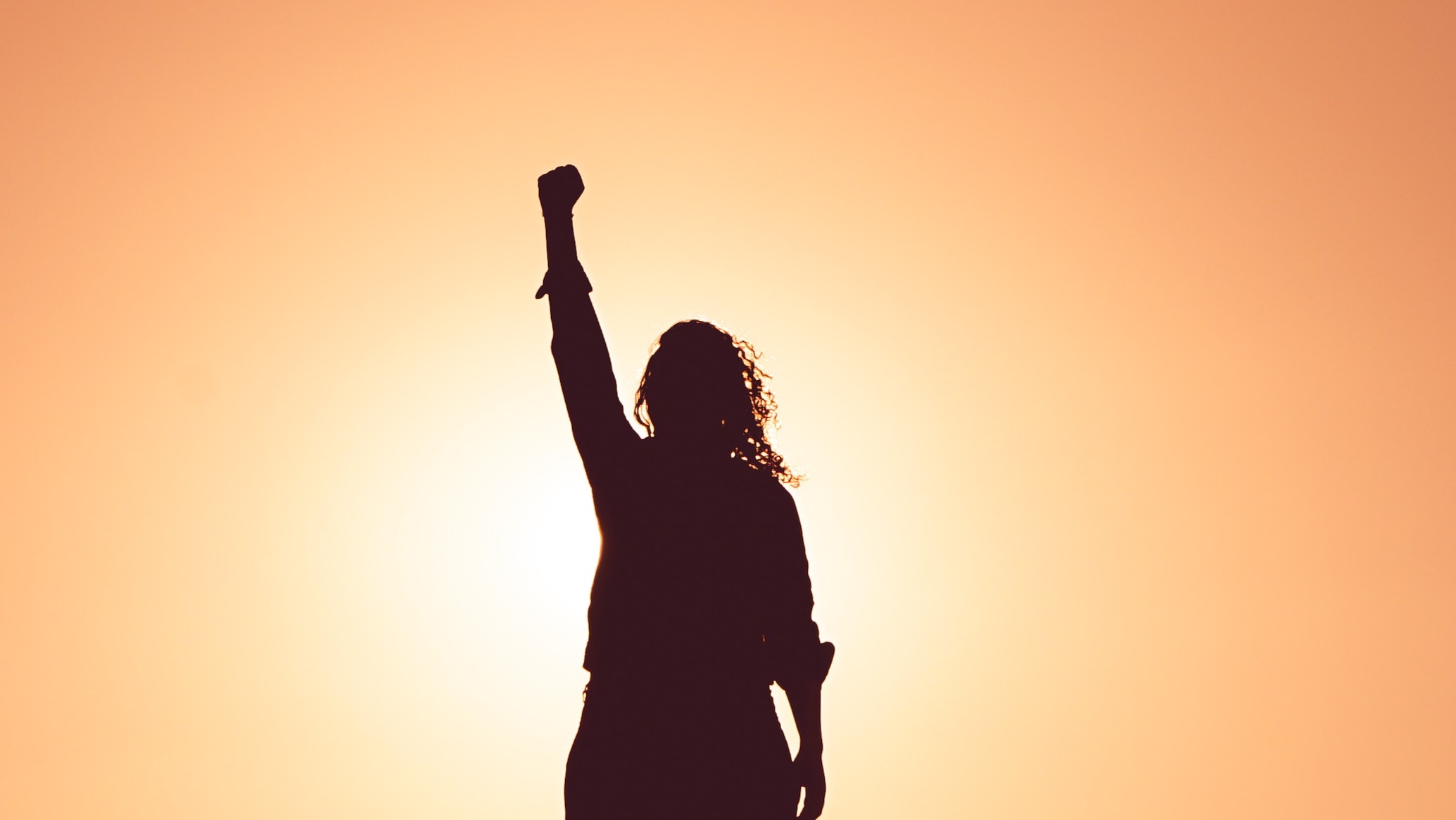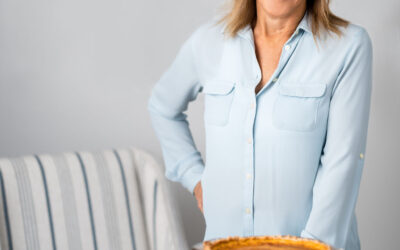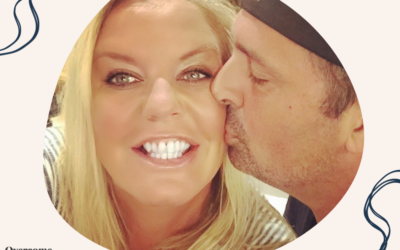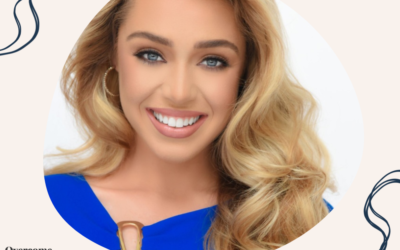Have you ever been accused of being a “control freak?” When someone says that phrase to us, it’s never meant to be positive and certainly not meant to build us up. In some ways, the accusation itself can feel like a form of control coming from the person who said it, as if they are trying to send a message that says, “I don’t like being controlled (and you’re trying to control me.)”
I’ve been accused of being a “control freak” in the past and it gave me pause to question, “Am I? Really?”
I have to admit that there were periods in my life when I was controlling, even though I would never have judged myself as such.
The truth is that none of us enjoy being controlled and sometimes controlling others becomes our mode of operation when we don’t have self-control. A lot of times, we aren’t even aware of our control issues because it’s so subtle. It may be glaring to others, yet no one has confronted us.
I’ve learned that control comes in two forms:
- Self-Control
- Others-Control
Self-control is exercising restraint over our impulses, emotions, or desires.
Others-control is attempting to control other people or circumstances in everyday matters.
Self-control is others-centered and increases those around us.
Others-control is self-centered and decreases those around us.
Self-control builds up while others-control tears down. We all can do both.
When I write about control, I am keenly aware of the power and destruction it has on us. My past experiences of being controlled by others created devastation for my family and me. In my own experience, I was controlled by a perpetrator who was a nightmare that I thought would never end. Under someone’s control, we begin to feel like we’re suffocating and always looking for ways to escape. It was the worst form of control I’ve experienced.
This experience created an excessive reliance on others. It’s a type of control called codependency, which means, “I depend on you to get what I need for my wellbeing.” But what it actually means is I’m manipulating you to give me something I need because I have a void in my life. Depending on someone to fill a void in my life certainly was my need for an extended period. In its wake, I nearly burned the bridges to many healthy relationships.
All forms of control are manipulative and make us feel insignificant and silenced, so what does healthy control look like?
The only type of control that is healthy is self-control. Self-control is the skill of identifying and managing our inner life.
Problems begin within people, and out of that internal chaos, we start to feel the need to control everyone and everything around us. Self-control is coming to an understanding that the only person I can control is myself.
Without self-control, we start to feel debilitated and powerless. We learn how to control others and manipulate as a survival mechanism. The combination of control and manipulation are deadly.
The people we try to control eventually resent and feel anger towards us. We hold on too tightly and depend on others for our happiness. Control can destroy and suffocate relationships!
Control never frees anyone. It only angers, silences, and divides families, relationships, communities, churches, and businesses.
We are not created to control anyone except ourselves.
We develop self-control through the disciplines we put in place in our personal lives, many times after we discover others cannot give us what we need.
Self-control starts at an early age by good parents who understand the value of teaching their children how to be disciplined. It’s typically developed in early childhood, but it’s never too late because self-control is a learned behavior.
Self-control brings about a peaceful environment. People are comfortable in your presence, and it brings out the best in them.
Self-control creates an atmosphere of unity, team spirit, and inclusion. It develops children, adults, teams, and organizations. It breaks down barriers and builds bridges.
A true mark of someone that has mastered self-control is their ability to put the need of others ahead of their own. It’s what we do in healthy relationships and doing this will improve your marriage, parenting, and friendships.
It’s never too late to learn the discipline of self-control. As you do, you’ll find a freedom that comes with releasing others, and I’m convinced you’re relationships will improve.




